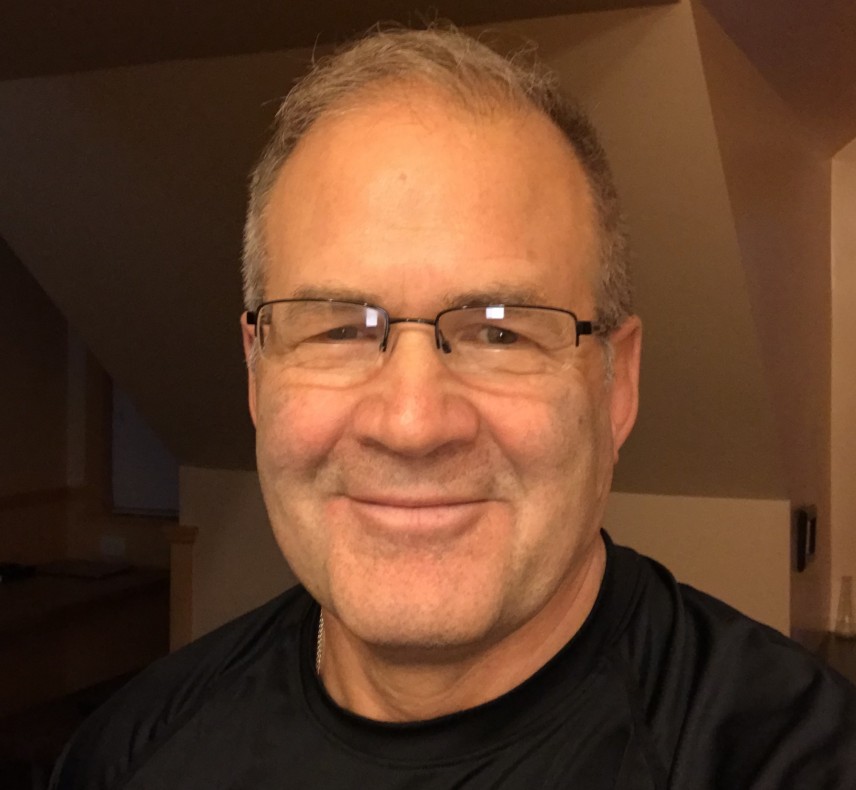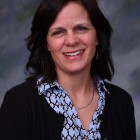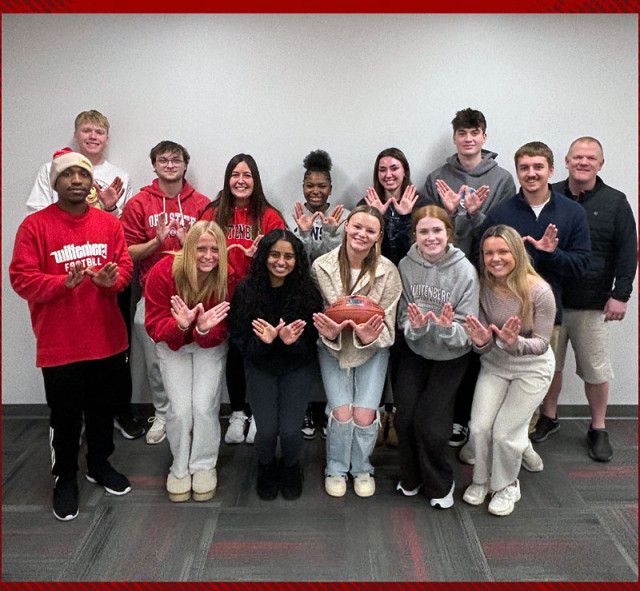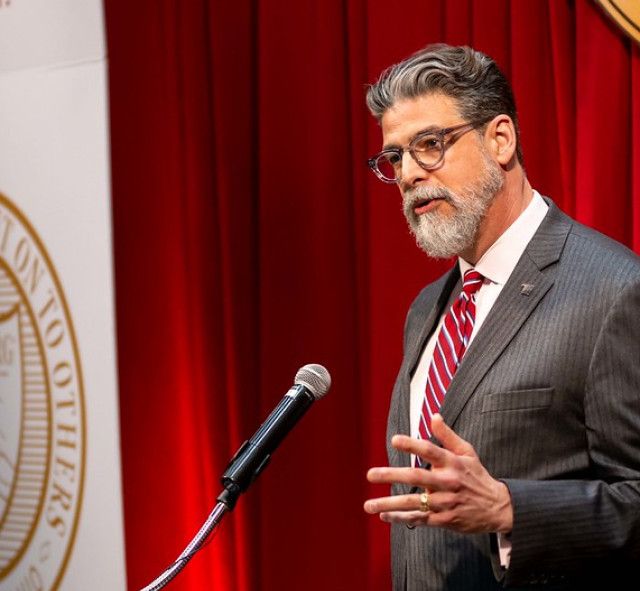Robert Leigh Davis, Wittenberg University professor emeritus of English, keeps a white paper “H” taped above his writing desk, a reminder of a moment he experienced at a Nuremberg, Germany church service that inspired the theme of his latest book, Playful Wisdom: Reimagining the Sacred in American Literature, from Walden to Gilead (Lexington Books, October 2020).
At that service, each attendee folded and tore a piece of paper according to the pastor’s instructions, every fold and tear symbolizing the sermon’s message. Davis did his best to follow along in German, but when it came time to unfold the paper to reveal a hidden symbol, everyone – except him – had a perfectly formed cross. He unfolded a lopsided letter H, causing him and those around him to laugh.
For Davis, a scholar of American literature, that piece of paper makes him “think of Emily Dickinson’s depiction of faith as a laughing child.”
He explains, “It helps me remember that grace is surprising and play is holy…and good things can come from our mistakes.”
That unexpected, lighthearted moment in St. Lorenz Church planted the seed for Playful Wisdom, which explores the theme of religious play in works by Henry David Thoreau, Emily Dickinson, Jack Kerouac, Thomas Merton, Annie Dillard, and Marilynne Robinson.
Davis examines what Thoreau means by “play” in a famous passage from Walden: “The mass of men lead lives of quiet desperation...There is no play in them.” He interprets “play” as joy and delight, as well as looseness or flex.
“More than mere frivolity or quirkiness, play serves a higher purpose in Walden,” Davis explains. “It promotes spiritual growth by loosening rigid or compulsive habits of thought and opening the religious seeker to experimentation and creative change. Play is the antidote to spiritual desperation for Thoreau, who associates it with nimbleness, suppleness, the ability to change course, the ability to change the paradigm.”
Davis argues that Thoreau’s exploration of “holy play” influenced several later American writers.
“Like Thoreau, these writers deploy tropes of game and play to represent a life of faith, and they share with him an improvisational ‘looseness’ or ‘mobility’ in their thinking about the sacred, a sense that religious experience unsettles fixed belief and alters the very shape of the perceiving self,” he says. “From this perspective, what matters isn’t unswerving orthodoxy as much as agility and poise, a gift for responding to unstable moments of spiritual illumination that come and go in time—forming belief, then erasing it, then reforming it again.”
The experience of teaching – especially courses on literature and spirituality and the American Renaissance – was crucial to helping Playful Wisdom emerge, as Davis was transformed countless times by classroom discussions that elicited fresh insights from his students.
“Teaching at Witt is never one-directional or teacher-centered,” he says. “And often it’s not fully ‘scripted.’ When it works, teaching literature is an intense, improvisational, real-time event.” Those classroom experiences “have taught me to hold my ideas lightly, hold my ‘beliefs’ in quotation marks, ready for the moment when something new emerges, and I’m different than I was before.”
Davis believes that the great American writers can serve as a companion on one’s faith journey, helping one feel less alone.
“Sacred encounter occurs in a million different ways: through church and synagogue and scripture of course but also through experiences with nature, art, love, and suffering that may seem at first to have nothing to do with God” but that ultimately reveal a divine presence, he says.
Retired from Wittenberg for almost a year, Davis still rises before the sun to spend his mornings writing. “Creativity is sacred to me,” he said. “I think I experience God through my keyboard (weird as that sounds).”
Living in Wisconsin with his wife, Laurie, he plans to spend the long winter working on a new book about American philosopher and psychologist William James that examines the role of trauma and healing in developing a deeper awareness of God. He also enjoys the many outdoor activities Wisconsin offers, working on a local Habitat for Humanity project, and living close to his children and grandchildren.
The award-winning professor misses the academic environment though.
“I miss teaching every day: the charged vitality of a good class; hallway conversations with friends and students; the feeling of being a part of something vital and inspiring. But I think what I miss most is working with students on their writing, especially that ‘kick’ or ‘glow’ that can happen in a writing workshop when a paper suddenly comes into focus. That’s fun.”
About Robert Leigh Davis: Davis, professor emeritus of English and 2005 recipient of the Alumni Association Award for Distinguished Teaching, joined the Wittenberg University faculty in 1992 and retired in 2019. In addition to Playful Wisdom, he is the author of Whitman and the Romance of Medicine (Berkeley: University of California Press, 1997) and numerous scholarly articles. He holds a B.A. and M.A. from Stanford University and a Ph.D. from the University of California, Berkeley.







